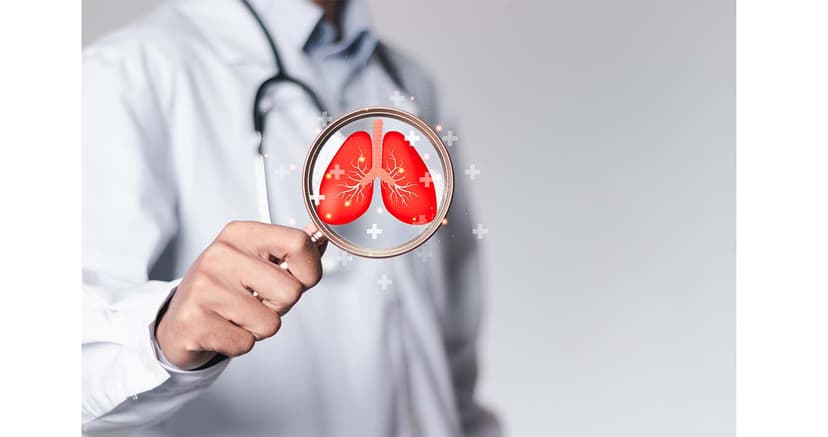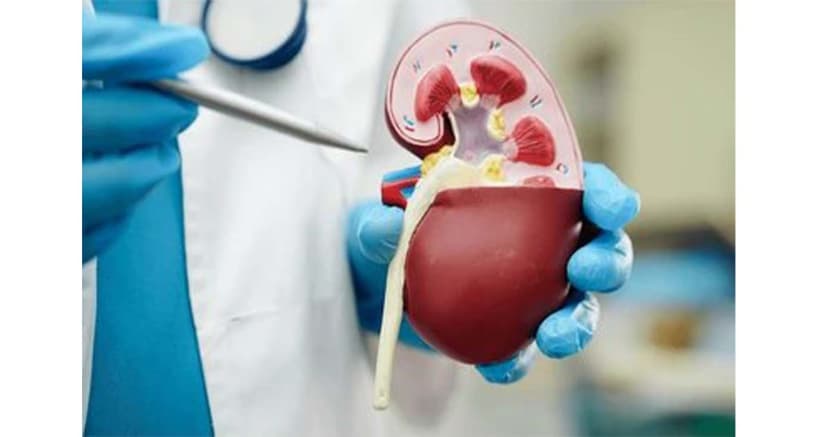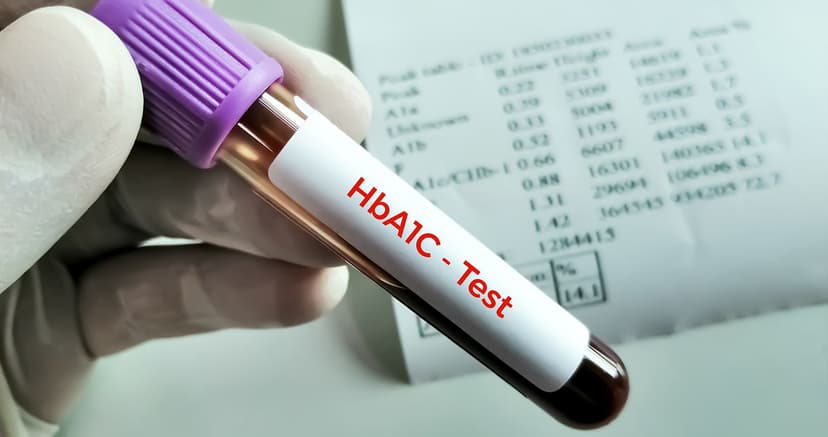Effective Ways to Manage Common Summer Skin Allergies: Expert Tips and Remedies
By:

Apex Hospitals
13-05-2024

As the temperature rises and the sun shines brighter, summer brings skin challenges, including pesky allergies. From heat rash to sunburns, managing summer skin allergies is essential for maintaining healthy and glowing skin. Let's explore some expert tips and remedies to effectively combat common summer skin allergies.
Understanding Common Summer Skin Allergies:
- Heat rash occurs when sweat ducts become blocked, leading to red, itchy bumps on the skin.
- Heat rash can affect individuals of any age but is particularly prevalent among infants and young children.
- Its symptoms typically include red, elevated bumps on the skin, a burning or stinging sensation, and itchiness. When pressure is applied, these bumps may discharge clear fluid or appear white.
- In most cases, the heat rash resolves spontaneously within a few days. If you or your child experiences heat rash, the optimal approach is to relocate to a cooler environment and minimize further exposure to heat.
- Wear lightweight, breathable clothing to alleviate heat rash, stay in cool environments, and keep the affected area clean and dry. Calamine lotion or over-the-counter hydrocortisone cream can provide relief.
1. Heat Rash (Prickly Heat):
- Sunburn is a prevalent issue, especially in the summer when exposure to ultraviolet (UV) rays is at its peak. These rays can harm the DNA of skin cells, increasing the risk of skin cancer.
- Sunburns manifest as painful reddening and swelling of the skin. Additionally, you may experience itching, blistering, and subsequent peeling.
- To mitigate the risk of sunburn, it's crucial to apply sunscreen generously to exposed areas such as the ears, face, neck, and hands. Reapply sunscreen every two hours or more frequently if swimming or sweating excessively.
- Seek shaded areas whenever possible and don protective clothing, sunglasses, and hats for added protection.
- To minimize sunburn risk, it is advisable to stay in the shade during peak sun hours, typically between 10 a.m. and 4 p.m.
2. Sunburn:
- Insect bites exhibit a range of variations, each potentially eliciting distinct symptoms. Therefore, it's crucial to be mindful of these diverse types of bites to administer appropriate treatment.
- Mosquito bites, bee stings, and other insect bites can trigger allergic reactions, causing itching, swelling, and redness. Common symptoms encompass swelling, redness, itching, and pain. Sure bites may provoke more severe reactions, including anaphylaxis, posing a life-threatening risk.
- To prevent insect bites, use insect repellents containing DEET or picaridin, wear long sleeves and pants, and avoid areas with standing water. For relief, apply ice packs, anti-itch creams, or oral antihistamines.
3. Insect Bites and Stings:
- Dead skin cells and excess oil can obstruct hair follicles, leading to acne. This prevalent skin condition affects individuals regardless of age, though it's more typical in adolescents and young adults.
- Acne manifests in various forms, including blackheads, whiteheads, pimples, and cysts.
- Numerous treatment options exist for acne, with the most suitable one contingent upon the severity of symptoms. These treatments encompass topical solutions, oral medications, and light therapy.
- In severe cases, surgical intervention may be warranted. If you're troubled by acne, consult your doctor or dermatologist. They can devise a personalized treatment regimen to alleviate symptoms and restore clear, blemish-free skin.
4. Acne:
Expert Tips and Remedies:
1. Hydrate Your Skin:
Keep your skin hydrated by drinking plenty of water and using moisturizers containing soothing ingredients like aloe vera or oatmeal. Hydration helps maintain the skin's barrier function and prevents dryness and irritation.
2. Cool Compresses:
Apply cool compresses or take cool baths to soothe inflamed and irritated skin. Cold compresses help reduce swelling, itching, and discomfort associated with summer skin allergies.
3. Avoid Trigger Factors:
Identify and avoid triggers that exacerbate your skin allergies, such as certain fabrics, harsh chemicals, or allergens like pollen or grass. Opt for hypoallergenic products and gentle skincare routines to minimize irritation.
4. Seek Medical Attention:
If your summer skin allergies persist or worsen despite home remedies, consult a dermatologist or healthcare professional for proper diagnosis and treatment. They can prescribe medications or recommend specialized therapies to alleviate your symptoms effectively.
Conclusion
You can manage common summer skin allergies and enjoy a carefree summer season with proactive prevention measures and effective remedies. By understanding your skin's needs and following expert tips, you can keep your skin healthy, radiant, and allergy-free all summer.
FAQS
Related Articles
Connect With Us
Health In A Snap, Just One App.
KNOW MORE



































































































